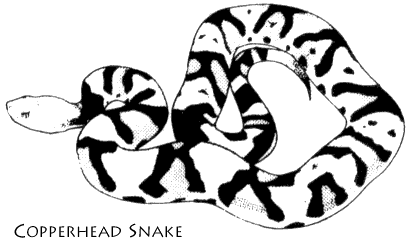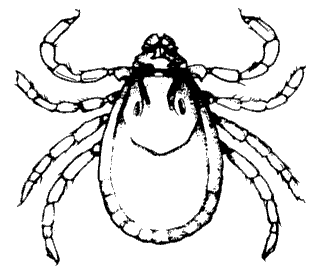
Stay Alive
An Independent ThinkQuest Student Project
 | Equipped To Survive™ Presents Stay Alive An Independent ThinkQuest Student Project |

Minor Bites: Animals carry bacteria in their mouth that can cause a variety of infections; to prevent an infection, pour water over the wound for at least five minutes as soon as you have been bitten. Cover the wound with a sterile dressing.Serious Bites: Wash the wound in cold water, then apply pressure with a gauze pad to control bleeding. Raise the area above the heart. Bandage the wound and seek medical help.
1. Do not panic; panic accelerates the heartbeat, taking the venom around the body faster. If you are sure that the snake was only mildly poisonous, wash the wound then bandage it firmly. If you are not sure, do not wash the wound; a snake can be identified by its venom, and its bite can be treated accordingly.2. If you are in a country where snake bites can be fatal, immediately apply direct pressure to the bite wound. Bandage the area firmly above and below the bite to localize the venom. Seek medical help immediately.

1. Flick the sting out with a credit card or similar device by running the card along the affected limb. Do not use tweezers; you would squeeze even more venom into the wound.2. Some people are allergic to insect stings (anaphylactic shock); they should be treated for shock and may need to be resuscitated. Seek medical help.
Removing Ticks: Ticks have strong jaws, which will remain embedded if the body is pulled away, causing infection. Cover the tick with petroleum jelly, lip balm (Vaseline, ChapStick, etc.), or heavy oil to close its breathing pores. If tick does not drop off carefully remove it with tweezers.
